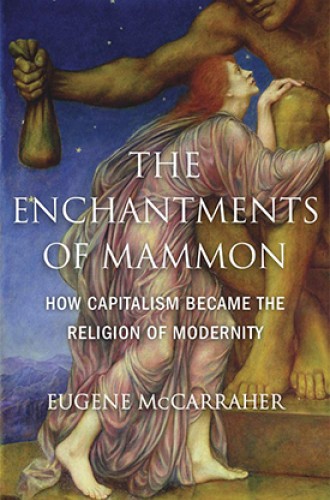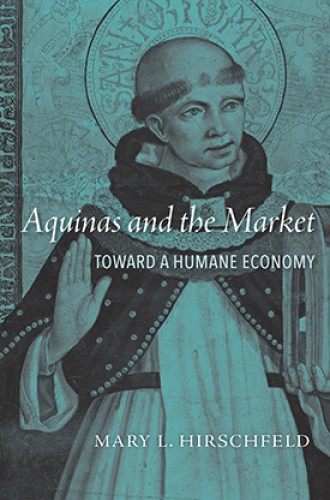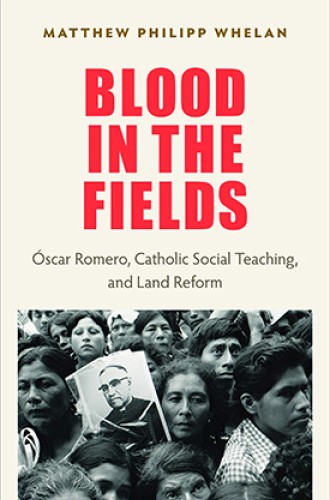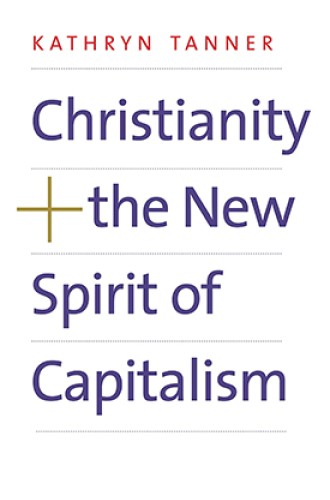Take & Read: Ethics
New books that are shaping discussions about ethics in a capitalist society
Modernity didn’t kill religion—it remade it, replacing the God of Christianity with the god of money. At least that’s what Eugene McCarraher argues in his tour de force The Enchantments of Mammon: How Capitalism Became the Religion of Modernity (Harvard University Press).
The book begins with a startling claim: “The ‘disenchantment of the world’ is a myth.” McCarraher acknowledges that “the enchanted universe of medieval Catholicism collapsed, succumbing to Protestant theology, the new science and its quest for technological mastery, and the pecuniary reason and promethean ethos that emboldened capitalist enterprise.”
It’s not that we’re no longer enchanted, McCarraher explains. It’s that a different spirit took over for God:








